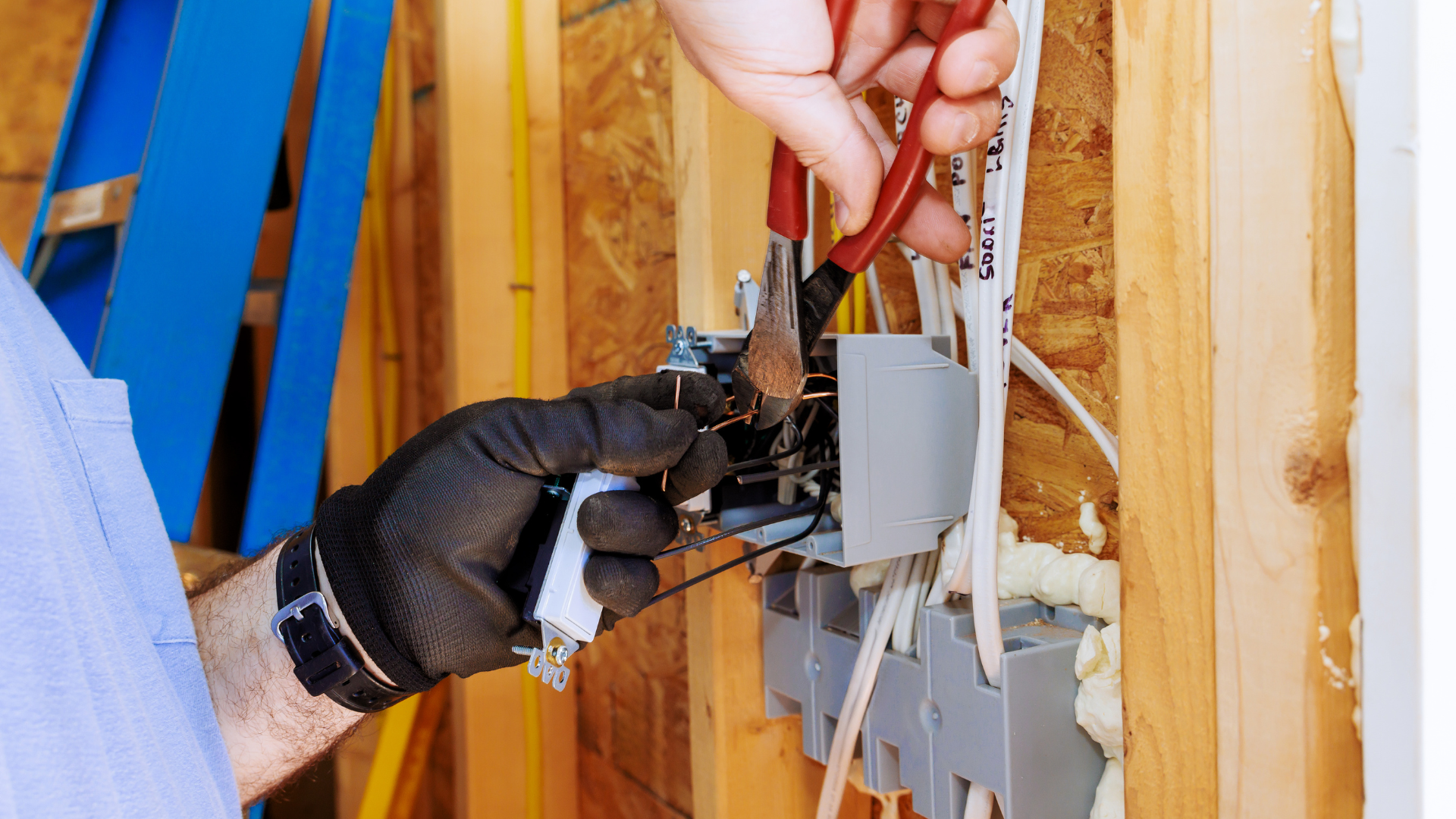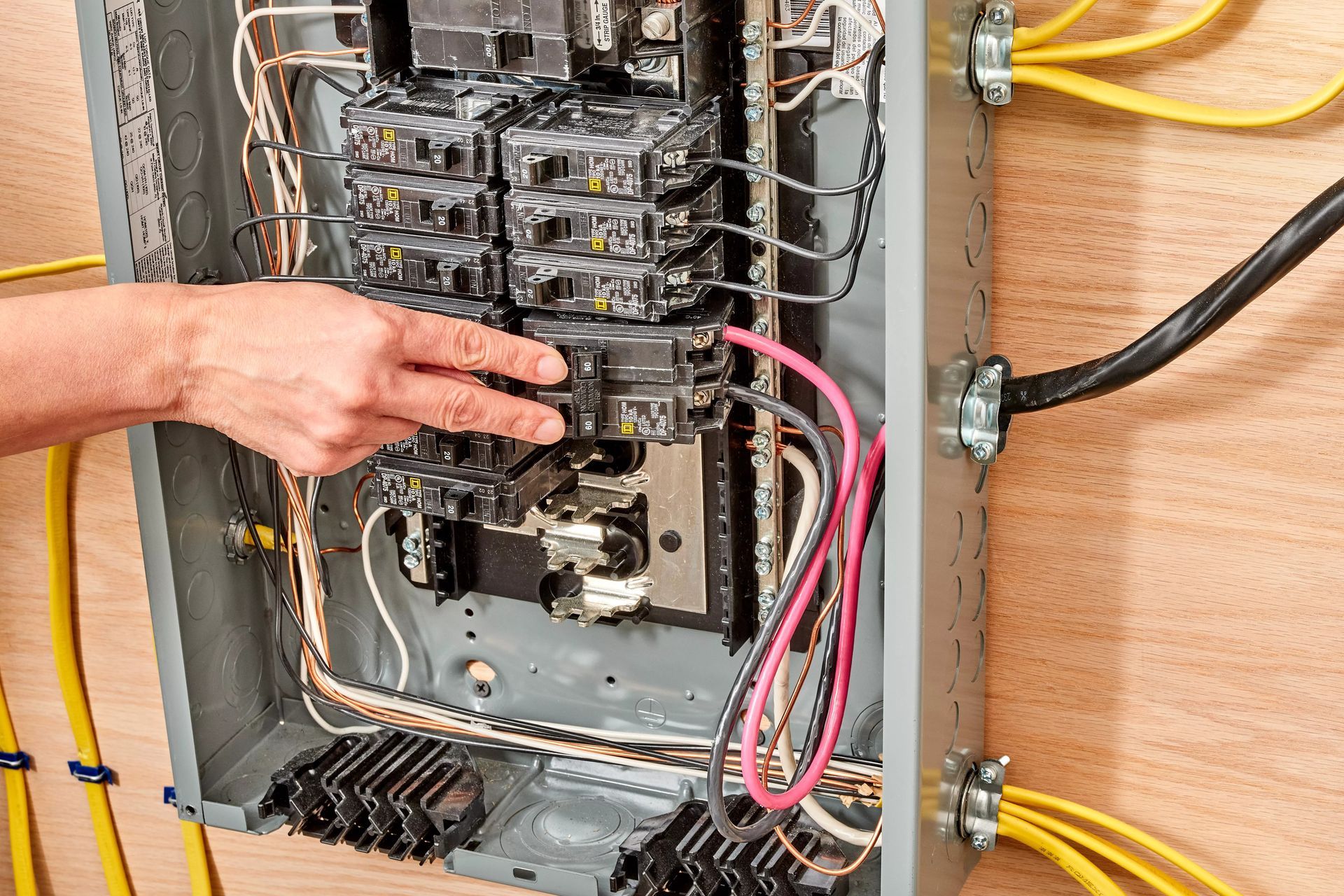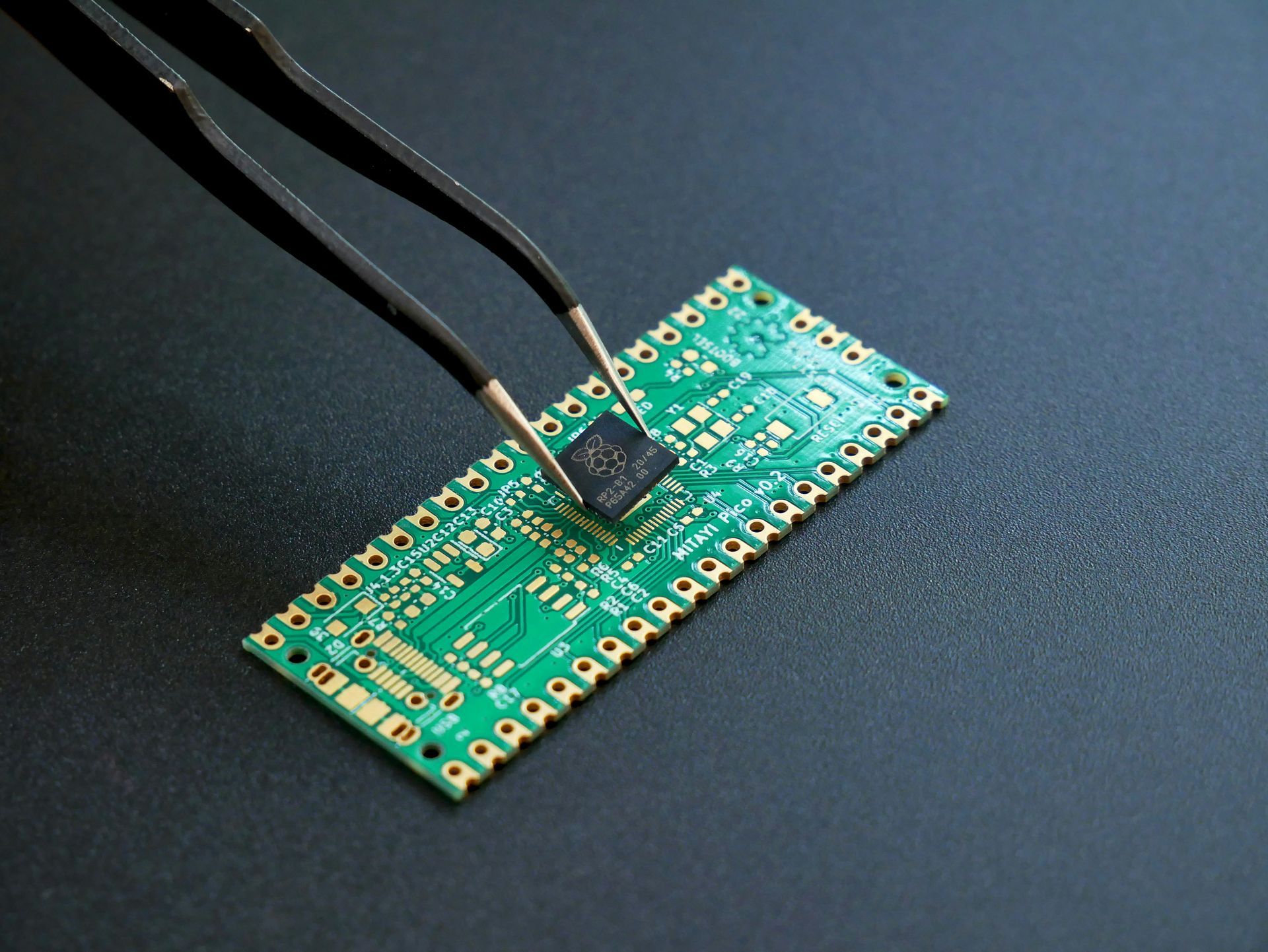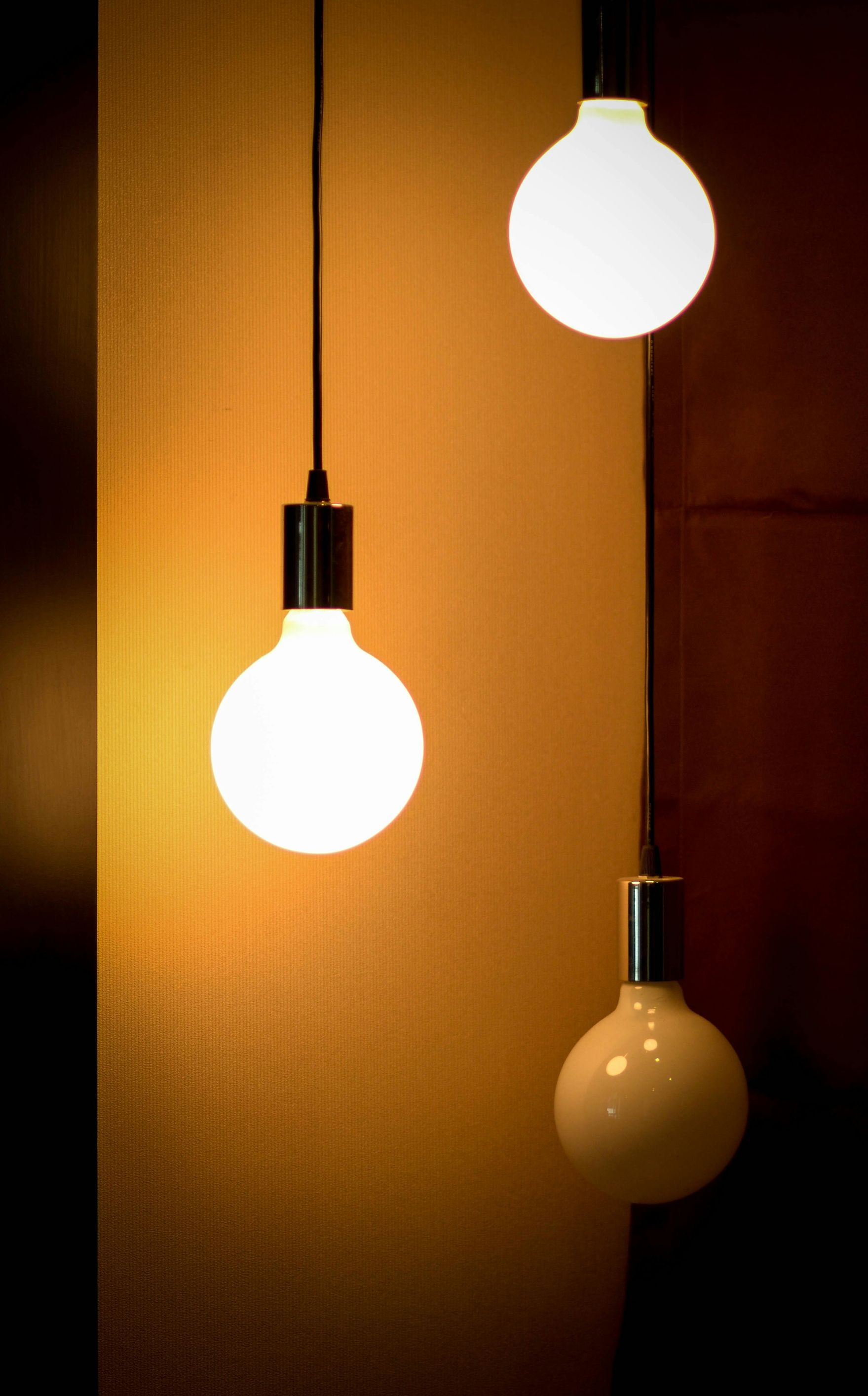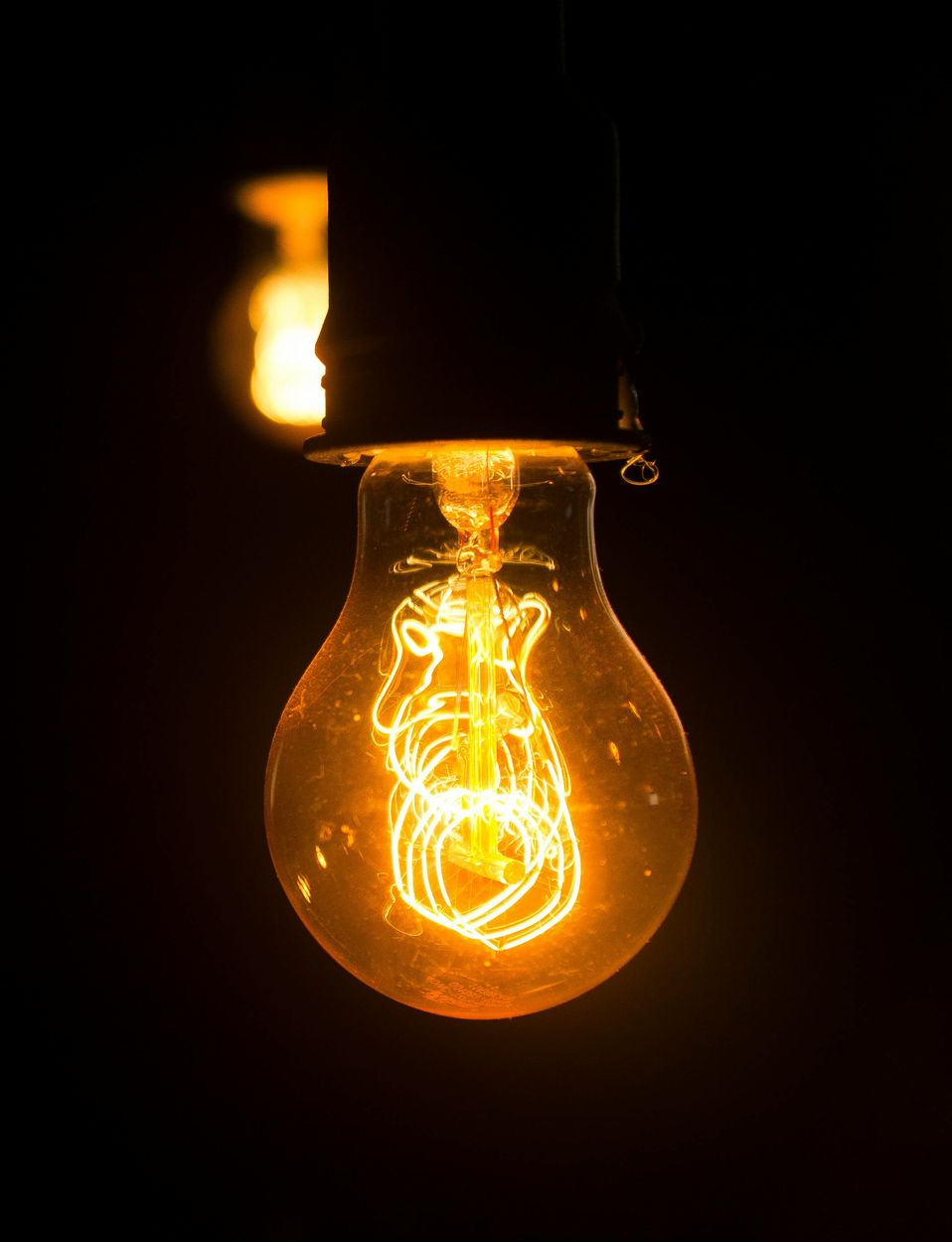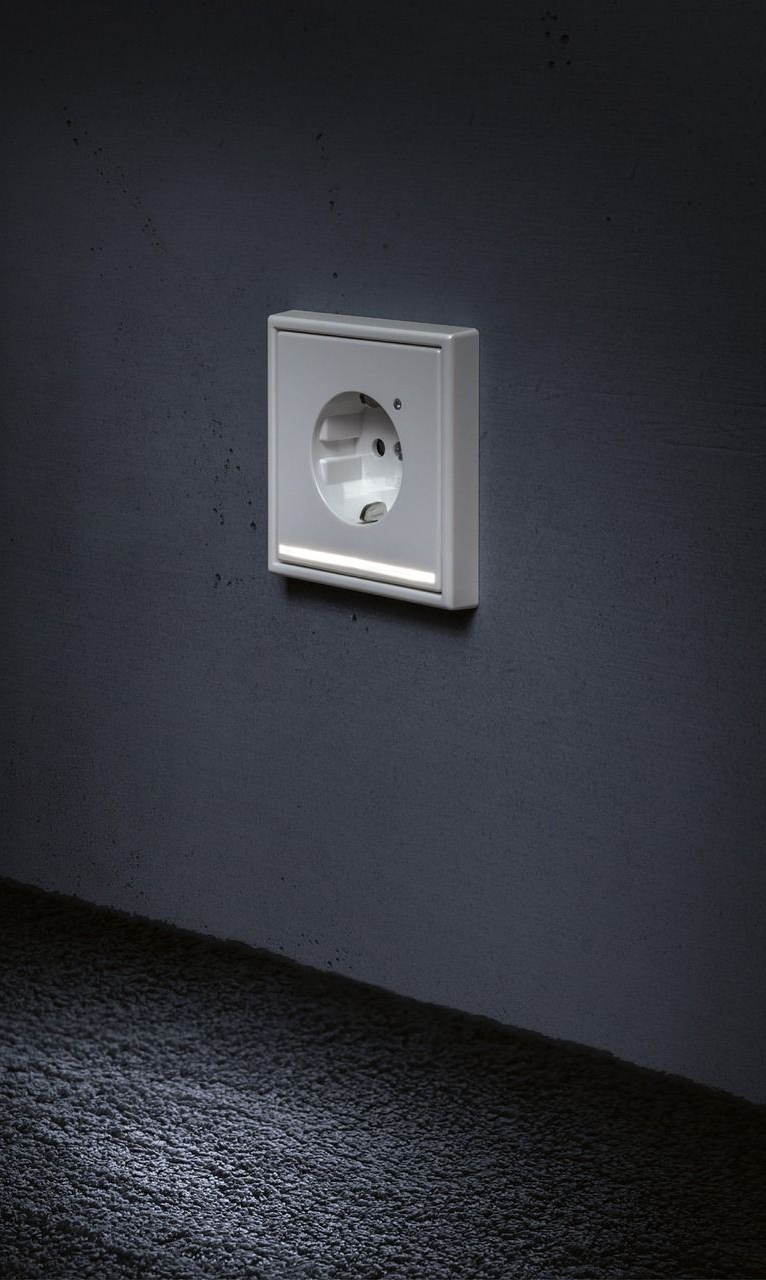Why DIY Electrical Work Can Be Dangerous
Protect Your Home and Safety
When it comes to home maintenance, many people enjoy taking on do-it-yourself projects. Painting, landscaping, or even small carpentry tasks can be satisfying and cost-effective. However, electrical work is an area where DIY efforts can be extremely risky. Attempting to handle wiring, outlets, or panel upgrades without the proper training and licensing can put your safety, property, and finances in jeopardy. At ESD Electric, we emphasize the importance of hiring a professional electrician for any electrical project to ensure both safety and compliance.
Risk of Electrical Shock
The most immediate danger of attempting electrical work without training is
electrical shock. Even small household currents can cause severe injury, and
higher currents can be fatal. Many DIYers underestimate how easily accidents can happen. Something as simple as working on a live wire or failing to ground a system correctly can result in
life-threatening consequences. Licensed electricians are trained to follow strict safety procedures and use proper equipment to eliminate these risks.
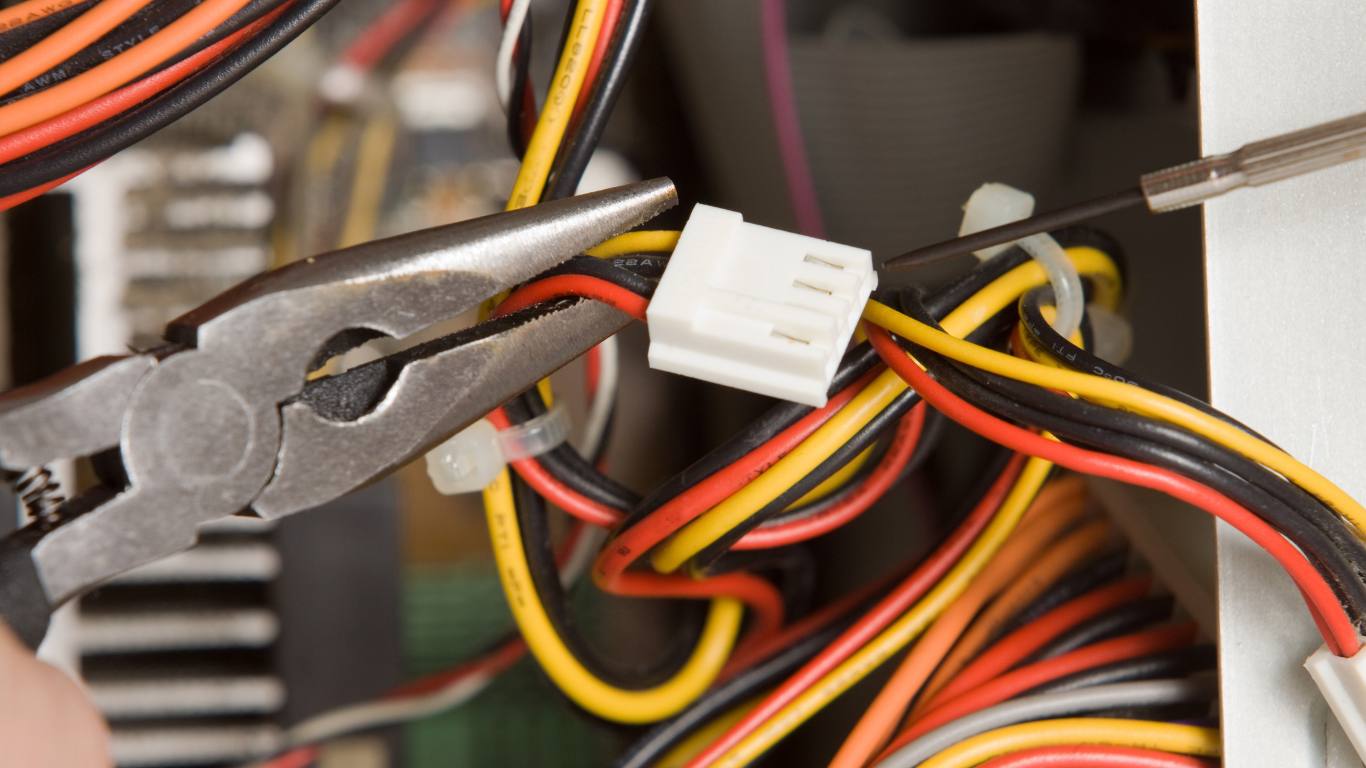
Fire Hazards
Poorly executed electrical work is one of the leading causes of residential fires. Loose connections, overloaded circuits, or improper wire sizing can all create conditions that lead to overheating. A single spark hidden inside a wall may smolder for hours before becoming a full fire. Professional electricians know how to properly install, connect, and secure all components to minimize hazards and protect your home.
Code Compliance and Legal Issues
Electrical work must comply with local and national codes designed to ensure safety. Most homeowners are not familiar with these regulations, which change over time and vary by jurisdiction. DIY work that does not meet code may pass unnoticed at first, but problems often arise during inspections, home sales, or insurance claims. Non-compliant wiring can lower property value and may even void insurance coverage if it contributes to a fire or accident. Licensed electricians stay current on code requirements and ensure that all work meets the highest standards.

Hidden Problems and Future Costs
DIY electrical projects often appear successful on the surface, but hidden mistakes can cause problems months or years later. Wires may overheat inside walls, connections may loosen, or systems may fail under heavy use. These issues not only increase repair costs but also put your household at risk. Professional work ensures that electrical systems function safely and reliably over the long term, avoiding expensive future repairs.
Safety of Your Household
Electrical issues affect more than the person performing the work. Family members and guests also rely on the safety of your home’s wiring. A miswired outlet or improperly installed breaker puts everyone at risk, not just the DIYer. By hiring a professional, you protect the well-being of everyone who enters your home.
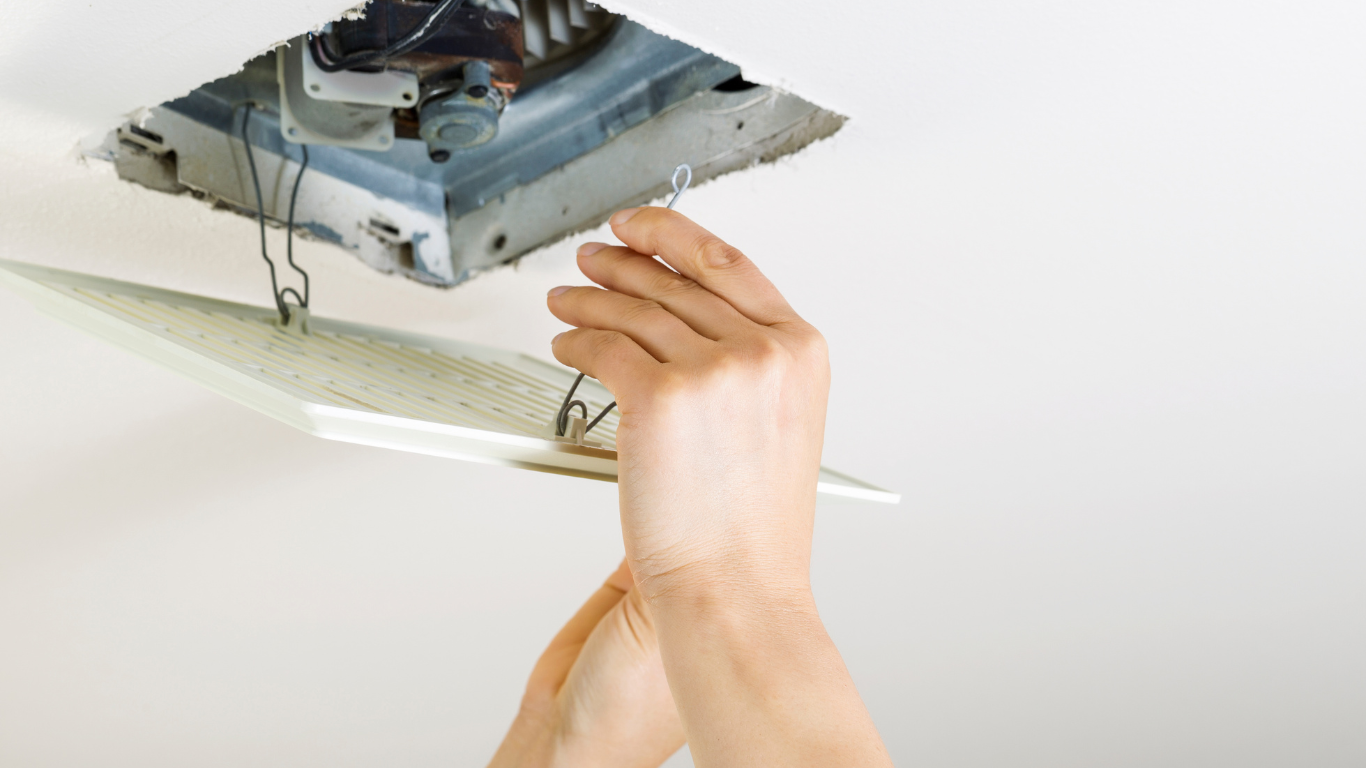
Financial Considerations
While DIY projects are often motivated by saving money, electrical mistakes can become extremely costly. Fires, injuries, and code violations create expenses far greater than the cost of hiring a licensed electrician in the first place. In addition, professional work typically comes with warranties that provide peace of mind, while DIY repairs leave you fully responsible for any future issues.
Final Thoughts
DIY projects can be rewarding, but electrical work is not an area where trial and error is safe. The risks of shock, fire, code violations, and hidden damage far outweigh any potential savings. Professional electricians bring the training, tools, and knowledge necessary to complete projects safely and correctly.
At ESD Electric, we are committed to providing expert service that protects your home, your family, and your investment. Whether you need a simple repair, an upgrade, or a major installation, our licensed team is here to deliver reliable solutions with safety as the top priority.
